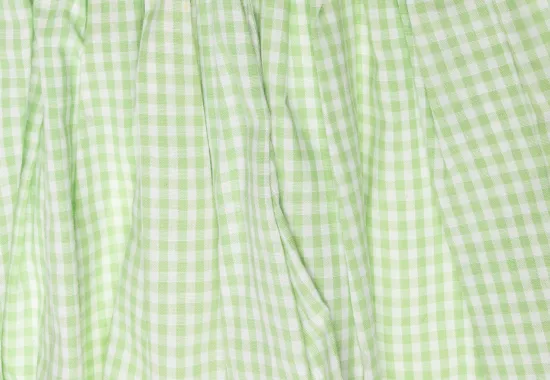Eight Years Later—Looking Back at a Poem

When the staff of the North American Review sent an email asking me to compose a contributor’s blog post, I thought: What could I possibly say about a poem from eight years ago?
I wrote “The Shelf Life of Robot Food” when I was working as a barista in what was then one of a handful of coffee shops in Birmingham, Alabama. After work, my friends and I split time between a handful of bars and restaurants—or, more often, one another’s porches. The city was small enough back then that you could say to someone “the lady who’s always looking for Pepper the cat,” and most folks knew who you meant.
(That lady later spent a winter evening with a dozen space heaters plugged into her 1920s-era apartment as she drank wine and played piano, eventually passing out and burning down the building, including my pal Matt’s place. Everyone survived, including Pepper.)
We were in our early twenties, the economy had gone to shit, and our tips couldn’t possibly put a dent in our student debt, so we bought cheap six-packs.
That was before The New York Times wrote of the city’s renaissance, before numerous bloggers pompously called Birmingham the “Brooklyn” or the “Portland of the South”, before local kids grew up and decided to stick around.
Same as we used to tire of explaining how our city had changed since the past that made it infamous, today anyone who’s lived here long enough is sick of hearing about our city as up-and-coming. It’s here, for better or worse—full of hip eateries, increasingly expensive real estate and the city’s classically corrupt politicians.
The little coffee shop where I worked is now anything but cool. Our neighborhoods have cafés that serve kombucha and artisanal yogurt. (Even the folks who once would have thought kombucha was the Cherokee name of a creek near their grandma’s house are privy to trends out of reach for the so-called mainstream.) The bar where my friends and I spent most our nights drinking cheap beers over poems or watching bands, like St. Vincent or Alabama Shakes make a name for themselves on a tight stage, is now a popular Vietnamese restaurant with Ping-Pong tables on the patio and classy cocktails.
I know, I know. I sound like a cross between the granny longing for the old days and the brat who quits liking things as soon as they hit the aisles of Target. Still, I find myself saying things to my husband, a transplant from Hattiesburg, Mississippi, like, “I think I liked Birmingham better when it wasn’t cool.”
And maybe’s that’s just because I’m thirty-one now; I have a mortgage and a baby. Maybe it’s because a decade ago, our city had problems with public transit, public schools, and our public officials—and those problems aren’t being addressed by what’s cool. Maybe it’s because I thought I’d work harder to address those problems, and in the past decade, I’ve instead bought into the middle class pitfalls that have trapped entire generations since my grandparents first bought a home in this very city, as I chase better paying jobs to better buy things I don’t need or to prepare for my personal future instead of my community’s.
Don’t get me wrong, I don’t have some savior complex. I’m fully aware that I don’t hold the mysterious key to well being for all my neighbors. But my good Southern manners say that I should at least give a shit.
Years have passed since I even read “Shelf Life of Robot Food.” It’s a sad poem about an eighteen-year-old kid, too old for the safety of a mother’s affections, naive to the ways any of us find our own love or make our own way in the world.
I’m not even sure “thinly veiled” describes the ways I couldn’t own my emotions in the poem. Apart from the countless superficial changes over the years—in wardrobe, in music, whatever—my writing has changed significantly. A poet friend recently told me I’m part of the “neo-confessional” movement, but, admittedly, I’m too preoccupied with changing dirty diapers, pumping breast milk, and cooing at my son to consider these possible contemporaries.
Plus, I’m considering how my writing can be more than honest. How can it be useful? Can it be useful right here, where my husband and I live and work and are raising our boy?
Ask me again in eight years.
Illustration by Kali Gregan. Kali Gregan is an illustrator based in Richmond, Virginia who finds inspiration in Cubism and collage.
Recommended
The Shirt
After Hearing David Rothenberg Sang with Birds
Frothing Pink Poodle Droppings






